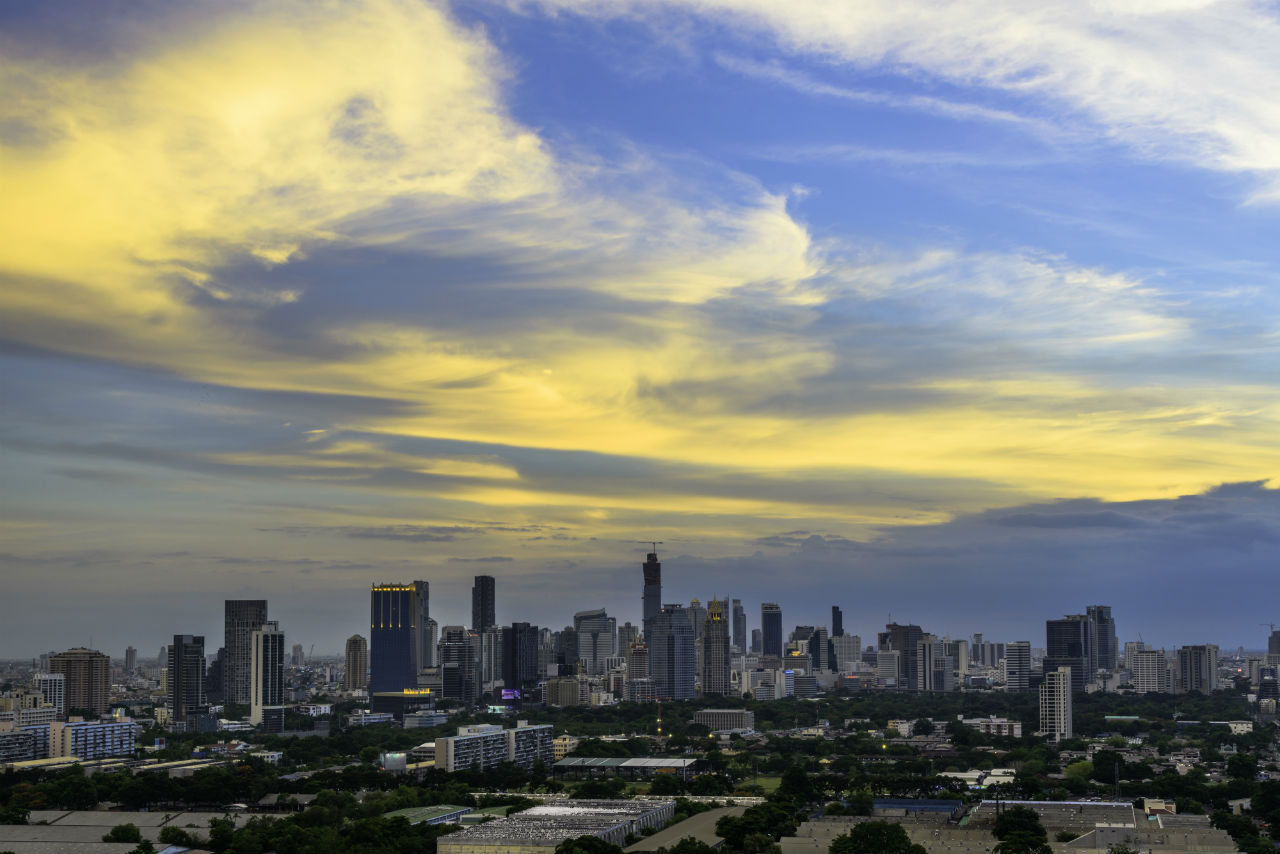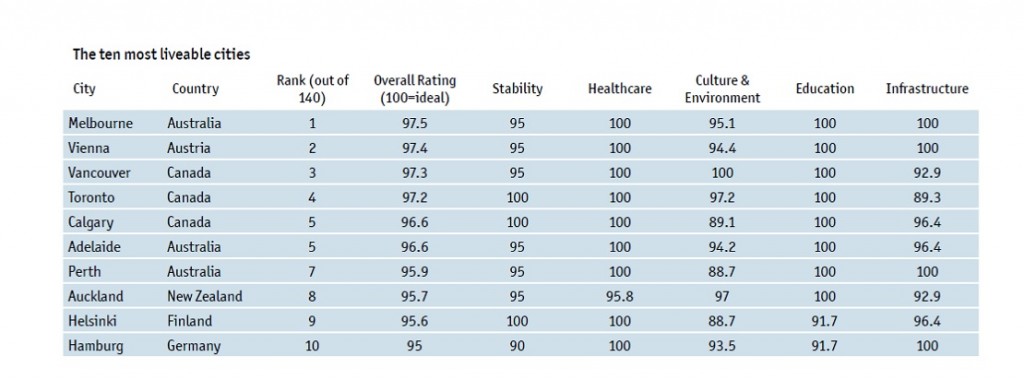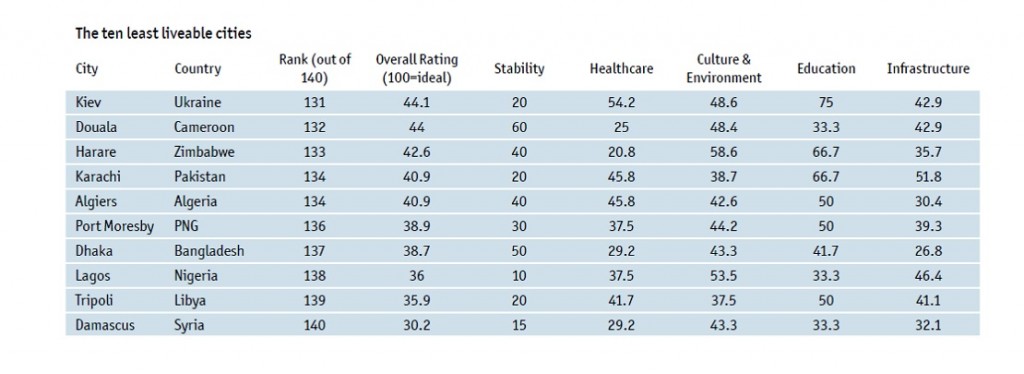The Economist’s Intelligence Unit released its latest liveability rankings and there was some good news for Bangkok and the Asia-Pacific region as a whole. Scores have remained the same, or in the case of Bangkok improved, thanks to a period of relative stability.
This is in stark contrast to prominent cities in France, Belgium and the US which the report noted all stumbled a bit in the latest rankings. Terrorist attacks and civil unrest have seen liveability decline in several notable cities with Paris, Detroit and Kiev all having to cope with unique challenges.
The EIC’s rankings, which scores cities based on their living conditions, indicated that things have improved in Bangkok since last year thanks to a more stable environment taking hold. In fact, it was one of only six cities across the globe to record an improvement in its score y-o-y. Tehran in Iran and Al Khobar in Saudi Arabia are two of the most notable cities to also accomplish this feat.
Global unrest is the main reason cities around the world are not seeing increases in livability. Conflicts in the Middle East, Ukraine, the South China Sea and Nigeria are causing some instability for its neighbors. Meanwhile the US is dealing with some high profile cases of civil unrest that have hurt livability in parts of the country.
Canada and Australia, two places with stability and a low population density, dominate the best cities in terms of liveability. The EIC once again rates Melbourne as the most liveable city in the world while Adelaide and Perth finished sixth and seventh on the list respectively. Meanwhile the Canadian cities of Vancouver, Toronto and Calgary came in at third, fourth and fifth.
It was pointed out that big cities do not rank as high as some might expect when it comes to liveability. That’s because places such as New York, London and Tokyo oftentimes have issues like higher levels of crime, congestion and public transport problems that make them less liveable.





